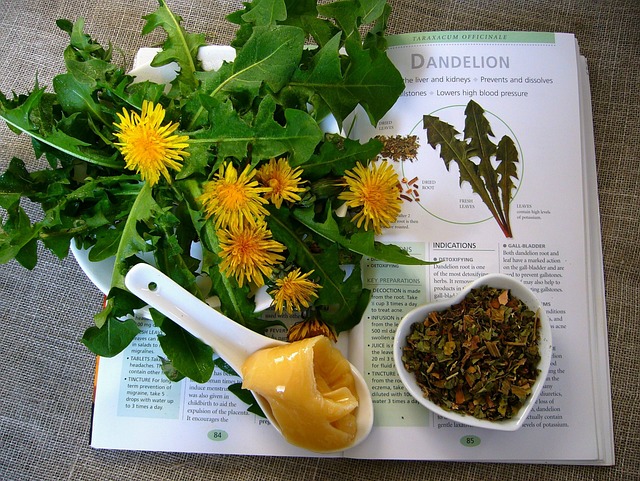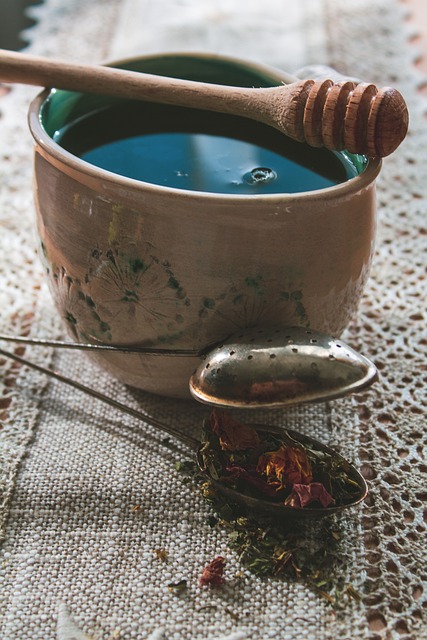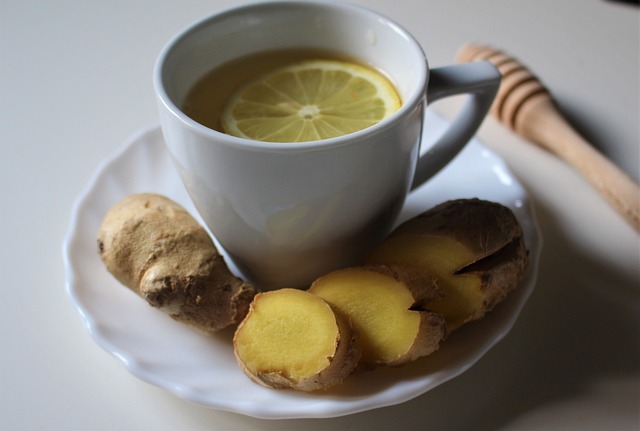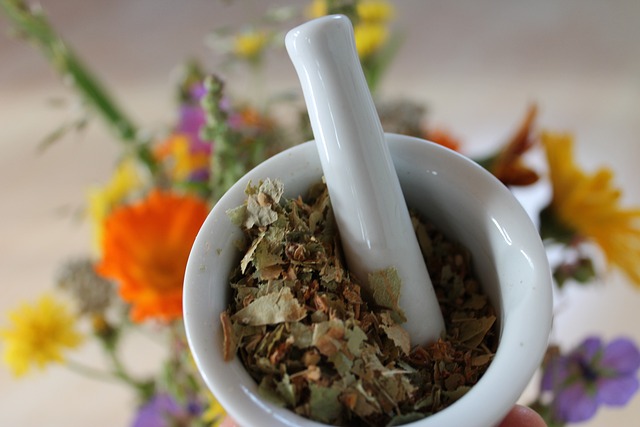
In a world where artificial remedies seem to dominate the market, it’s important to remember the natural and medicinal benefits of herbs. For centuries, herbal remedies have been used to treat common ailments and promote overall health and wellness.
Medicinal herbs have been used for centuries across cultures and continents to promote healing and maintain well-being. These remarkable plants offer a natural alternative to conventional medicine, with a rich history rooted in the wisdom of traditional healing practices. Understanding the various types of medicinal herbs, their uses, and their cultural significance can deepen our appreciation for these remarkable gifts from nature.
Types of Medicinal Herbs
- Culinary Herbs: Culinary herbs, such as rosemary, thyme, and basil, not only add flavor and aroma to our dishes but also possess medicinal properties. For example, oregano is known for its antibacterial and antifungal properties, while parsley is packed with essential vitamins and minerals.
- Aromatic Herbs: Aromatic herbs, such as lavender, sage, and lemongrass, captivate our senses with their delightful fragrance. These herbs have therapeutic benefits ranging from promoting relaxation and reducing stress to aiding digestion and soothing respiratory ailments.
- Medicinal Herbs: Medicinal herbs, like chamomile, ginger, and turmeric, have potent healing properties that can address a wide range of health concerns. From reducing inflammation and boosting the immune system to alleviating pain and improving mental well-being, these herbs have been utilized for their medicinal prowess throughout history.
Native American tribes have long revered medicinal plants as sacred gifts from the Earth. Indigenous healers used plants like echinacea, ginseng, and valerian root to treat various ailments and enhance spiritual well-being. These plants hold deep cultural significance and continue to be valued in modern herbal medicine.
Traditional Chinese Medicine (TCM) places great importance on balancing energy within the body to achieve optimal health. Medicinal herbs like ginseng, ginger, and turmeric are key components in TCM, believed to restore the body’s equilibrium and promote vitality.
Ayurveda, an ancient Indian system of medicine, utilizes a wide array of medicinal herbs to restore balance and harmony in the body. Herbs such as chamomile, ginger, and turmeric have been integral to Ayurvedic treatments for thousands of years, assisting in digestive health, reducing inflammation, and promoting overall wellness.

Incorporating Medicinal Herbs
Incorporating medicinal herbs into our daily lives can be a delightful and beneficial practice. Whether sipping on a cup of chamomile tea, adding freshly grated ginger to a meal, or using lavender essential oil, these herbs possess the power to enhance our well-being.
However, it is essential to approach herbal remedies with caution and seek professional advice, particularly if you are already taking medications. Consulting with a healthcare professional or a knowledgeable herbalist ensures a safe and suitable integration of herbal remedies into your lifestyle.
Popular Medicinal Herbs
- Chamomile: Known for its calming effects, chamomile is often used to reduce anxiety, promote restful sleep, and ease digestion. It can be consumed as a tea or used externally in creams and ointments to soothe skin irritations.
- Ginger: With its spicy and warming properties, ginger is a versatile herb that aids in digestion, reduces nausea, and alleviates pain and inflammation. It can be consumed as a tea, added to meals, or used topically for its analgesic effects.
- Turmeric: This vibrant yellow herb contains curcumin, which has powerful anti-inflammatory and antioxidant properties. Turmeric is commonly used to alleviate symptoms of arthritis, improve liver function, and support overall immune health.
- Echinacea: Widely recognized for its immune-boosting properties, echinacea is often used to prevent and treat seasonal illnesses such as the common cold and flu. It can be consumed as a tea, in supplement form, or used topically to promote wound healing.
- Ginseng: This adaptogenic herb has been used for centuries in traditional medicine to enhance vitality and combat fatigue. Ginseng is believed to support cognitive function, boost immune health, and improve overall physical endurance.
- Valerian Root: Known for its calming effects, valerian root is often used as a natural sleep aid and to alleviate symptoms of anxiety and stress. It can be consumed as a tea or taken in capsule or tincture form.
- Peppermint: Recognized for its refreshing taste and soothing aroma, peppermint is commonly used to relieve indigestion, reduce headaches, and alleviate symptoms of irritable bowel syndrome (IBS). Peppermint oil can also be applied topically for muscle pain relief.
- Lemon Balm: As a member of the mint family, lemon balm is often used to calm the nervous system, relieve stress, and promote restful sleep. It can be brewed as a tea or used topically in essential oil form to reduce anxiety and irritability.
- Lavender: Renowned for its relaxing and sedative properties, lavender is frequently used in aromatherapy to promote relaxation and alleviate insomnia. It can also be used topically in creams and oils to soothe skin irritations and promote wound healing.
- Rosemary: Besides being a flavorful culinary herb, rosemary contains antioxidants that may help protect the body from oxidative stress and inflammation. It is also believed to enhance memory, improve digestion, and stimulate hair growth when used topically.
Remember, while these herbs are generally considered safe, it is important to consult with a healthcare professional or herbalist before incorporating them into your routine, particularly if you have existing conditions or are taking medications.
Preparing and Using Herbal Remedies
When it comes to harnessing the healing power of herbs, proper preparation is key. Here are some guidelines on how to prepare and use herbal remedies effectively:
Tea Infusions:
Gather your desired herbs, either fresh or dried. Ensure they are of high quality and free from contaminants. Boil water and pour it over the herbs in a ceramic or glass teapot. Allow the herbs to steep for about 5-10 minutes, depending on the desired strength. Strain the infusion and enjoy it warm. You can sweeten it with honey or add a squeeze of lemon for added flavor.

Tinctures:
Tinctures are concentrated liquid extracts of herbs that preserve their medicinal properties. Combine your chosen herb with a high-proof alcohol, such as vodka or brandy, in a glass jar. Fill the jar, ensuring the herb is fully submerged. Seal the jar tightly. Place the jar in a cool, dark place for about 4-6 weeks, shaking it occasionally. After the steeping period, strain the liquid through cheesecloth or a coffee filter and transfer it to amber glass dropper bottles for storage. Tinctures can be consumed by diluting them in water or herbal tea.
Poultices and Compresses:
These topical applications are useful for treating skin irritations, inflammations, and wounds. Crush or finely chop the herb of your choice and mix it with hot water to form a paste. Apply the paste directly to the affected area and cover it with a clean cloth or bandage. Leave the poultice on for 15-30 minutes or as directed by a healthcare professional. Compresses can be made by soaking a clean cloth in a strong herbal infusion and applying it to the affected area.
Essential Oils:
Essential oils are highly concentrated extracts that should be used with caution. Purchase high-quality, pure essential oils from reputable sources. Essential oils can be used in a variety of ways, including inhalation, massage, and diffusing. To use essential oils for inhalation, add a few drops to a bowl of hot water and inhale the steam. Alternatively, use a diffuser to disperse the scent throughout the room. When using essential oils topically, always dilute them with a carrier oil, such as coconut or almond oil, to avoid skin irritation.
Safety and Precautions
When it comes to incorporating herbal remedies into your daily routine, it’s important to prioritize safety and take necessary precautions. While medicinal herbs have numerous potential benefits, they also have the potential to interact with certain medications or cause adverse effects if not used properly. Here are some key points to consider:

1. Consult a healthcare professional or herbalist: Before introducing any herbal remedy into your routine, it is crucial to seek advice from a qualified healthcare professional or a knowledgeable herbalist. They can help assess your specific health situation, identify potential interactions, and provide appropriate guidance on dosage and usage.
2. Research the herb: Thoroughly research the specific herb you intend to use. Familiarize yourself with its properties, potential side effects, and any contraindications. Not all herbs are suitable for everyone, and some may be contraindicated for certain medical conditions or during pregnancy and breastfeeding.
3. Quality and purity: Ensure that you are sourcing your herbs from reputable suppliers to guarantee their quality and purity. Contaminated or adulterated herbs may have reduced efficacy or even pose health risks.
4. Start with small doses: When first introducing an herbal remedy, start with a small dose and gradually increase if necessary. This allows you to gauge your body’s response and minimize the risk of potential adverse reactions.
5. Monitor for allergic reactions: Like any substance, herbs have the potential to trigger allergic reactions in some individuals. Pay close attention to any signs of allergies, such as skin rashes, itching, swelling, or difficulty breathing. If you experience any adverse reactions, discontinue use immediately and seek medical attention if necessary.
6. Be cautious with children and pets: It is important to exercise caution when using herbal remedies with children or pets. Some herbs may not be suitable for their specific needs or may require adjustment of dosage. Consult with a healthcare professional or veterinarian before administering herbal remedies to children or pets.
7. Be mindful of existing conditions and medications: If you have pre-existing medical conditions or are taking prescription medications, it is essential to consult with a healthcare professional before using herbal remedies. Certain herbs may interact with medications, leading to potential complications or reduced efficacy.
8. Respect the power of essential oils: Essential oils are highly concentrated extracts that should be used with caution. Never ingest essential oils unless advised to do so by a qualified professional. Always dilute essential oils with a carrier oil before applying topically to avoid skin irritation. Keep essential oils out of the reach of children and pets to prevent accidental ingestion or misuse.
By following these safety guidelines and seeking professional advice when needed, you can integrate herbal remedies into your lifestyle with confidence, reaping the benefits of nature’s healing power while minimizing potential risks.
